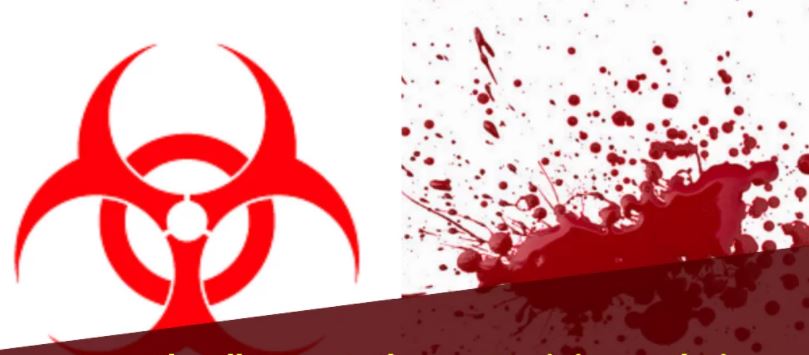 Some sectors and jobs should require employees to take specific courses to be educated about the potential safety risks associated with illnesses. By learning about how you can become infected with an infectious disease, how you can spread the disease, and the effects of the disease, you will be more aware during your job of how to curb the spread of any potential illness.
Some sectors and jobs should require employees to take specific courses to be educated about the potential safety risks associated with illnesses. By learning about how you can become infected with an infectious disease, how you can spread the disease, and the effects of the disease, you will be more aware during your job of how to curb the spread of any potential illness.
Let’s see the most common job sectors that should absolutely require employees to take an educational course to help their entire company stay healthy during the workday, and why employers should give all employees in high-risk jobs mandatory academic courses.
Jobs that should require a bloodborne pathogens certification for all employees
Being aware of the things that could go wrong, the high-risk areas of your job, and the risky moves you make during your daily life at work can prevent the chances of you being infected with a bloodborne illness.
Some jobs that are constantly exposed to blood or other bodily fluids that should require a bloodborne pathogen certification are healthcare workers, nurses, physicians, medical students, lab workers, emergency responders, surgeons, paramedics, policemen, firemen, school staff (teachers, school nurse, secretary), janitorial staff, and tattoo artists.
These professions have close contact with people and blood, whether doing something simple, like tattooing your arm or helping save your life, like a first responder. In addition, other jobs should consider bloodborne pathogens training not included on this list with lower risk level, but still prominent in some instances, such as construction workers.
There are some criteria you can use to determine what jobs and occupations should require bloodborne pathogens training and earning a bloodborne pathogens certification to safely work on the job site:
- Employees who are first responders to emergencies or employees who must perform first aid in case of an accident at their workplace
- Employees who frequently clean surfaces, decontaminate surfaces, or deal with potentially hazardous waste, bodily fluid, or blood
- Employees who provide healthcare services, whether medical research, medical equipment, or in-person services, like doctors, nurses, surgeons, laboratory technicians, interns, etc.
- Janitorial staff or housekeeping personnel who work at healthcare facilities, long-term care facilities, or facilities for mentally disabled people
How to do bloodborne pathogens training
Employees who need bloodborne pathogens training can either do their course online or in person. Employers should make sure all employees start the training course at least once during the hiring process of an employee and once per year thereafter during the time of employment.
Luckily for us during this Covid-19 pandemic, bloodborne pathogens training is now actually more accessible to acquire than previously, with many options being offered online so employees can learn at their own pace, study according to their work schedule, and earn their bloodborne pathogens certification.
Conclusion
Earning a bloodborne pathogens certification is an absolute must for people of certain job sectors, such as healthcare personnel, emergency responders, teachers, medical staff, and laboratory workers. By providing bloodborne pathogens training, employers can ensure the spread of infectious diseases is cured immediately.

